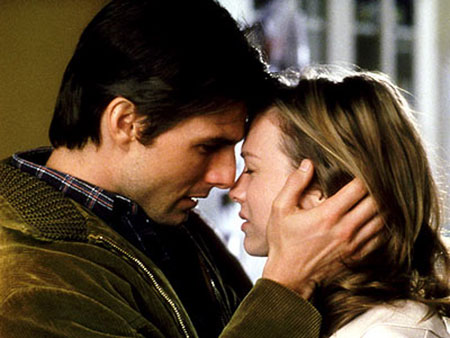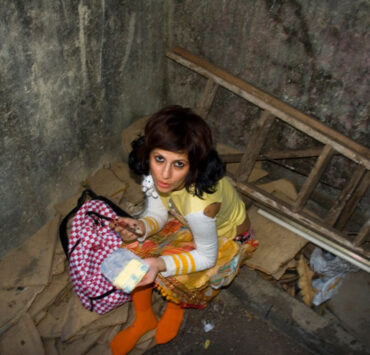“When I found out that my girlfriend liked me, it was at a party at her house. A bunch of people tried to gate-crash and she told them to leave. They attacked her and I got into a brawl with them. They lost, and I got the girl.”
At this point I would have ideally liked to yell “cut!” to interrupt the filming of what sounded like a scene from a corny romantic movie and shake myself back to reality. However, it was already real. This is the story of my 27-year-old friend and his fourth and current girlfriend. I could swear that this was the story that must have inspired many a romantic Bollywood tale. You know, the ones with the good girl, the good guy, and the obstacle called the ‘bad guy’.

“You complete me.”
But here’s the thing. If you think about it logically, it was probably more likely a drunken rabble spilling into the streets, with a few men swearing like Irish sailors. At the end of the day, he was just her ‘knight’ in dirty beer-soaked clothing and not the perfect ‘Prince Charming’: Shah Rukh Khan’s Raj, from Dilwale Dulhaniya Le Jayenge.
In fact, let me break it to you that Raj, the ‘Prince Charming’, exists only in your favourite everytime-I-feel-low-I-watch-it film. It could be Kuch Kuch Hota Hain for some, Serendipity for others, and The Holiday for me. Iris Simkins, it’s entirely your fault!
We all know about studies and research that have declared that violence in films desensitises people to violence in real life, but what about romantic comedies? What about the way that these films express love and relationships in such an idealistic way that is sure to warp our expectations?
If you, like most women (even some men) reading this article, have fantasised about hearing the words “you complete me” from your partner, then you too suffer from what I’d like to call the Prince Charming Syndrome, one that creates an ideal, almost unrealistic image of the perfect man. You choose the best qualities of each character from various movies that you like and end up creating an unimaginable concoction of the perfect behaviour. And then, it all goes downhill.
For a few years now, one of my male friends has been telling me that the reason he refuses to get together with anyone is because of this Prince Charming Syndrome. Most women, he says, are waiting for their prince to come, and frankly, the Average Joe can’t live up to that expectation.
The irony is, of course, that women are not the only ones with the wrong expectations, based on unrealistic ideas. Once you start talking to the men, you realise that they too are living in a world of dreams, where the perfect woman is a hot female version of themselves.
In the movies, love is often portrayed as endearing, always giving a good feeling, and that any problem going on between a couple can be solved or put to rest through love itself. In the movies, love conquers all! Notice how these films will always portray as both partners being reasonable and always on base with each other—so much so that despite whatever confusion there is during the movie, that they always know what to do one way or the other, without explanation.
If only.
What we don’t realise is that movies create a microwaved version of relationships. Everything is sped up to fit the two-hour time frame so we can walk away thinking trust and commitment should happen immediately and all sorts of soft, fuzzy internal messages can be transmitted through a lingering glance.
Of course, this is what makes romantic comedies so great. They aren’t meant to be applied to real life so perfectly. Unfortunately the ideas of the perfect love, the perfect man, the perfect relationship infiltrate our minds so subliminally that we may not even be aware of it.
Just take my advice. The next time you’re aching for a Jennifer Aniston-type movie, go for Transformers instead. Better still, check out that new horror flick that’s out. If you want your relationship to last, that is.








